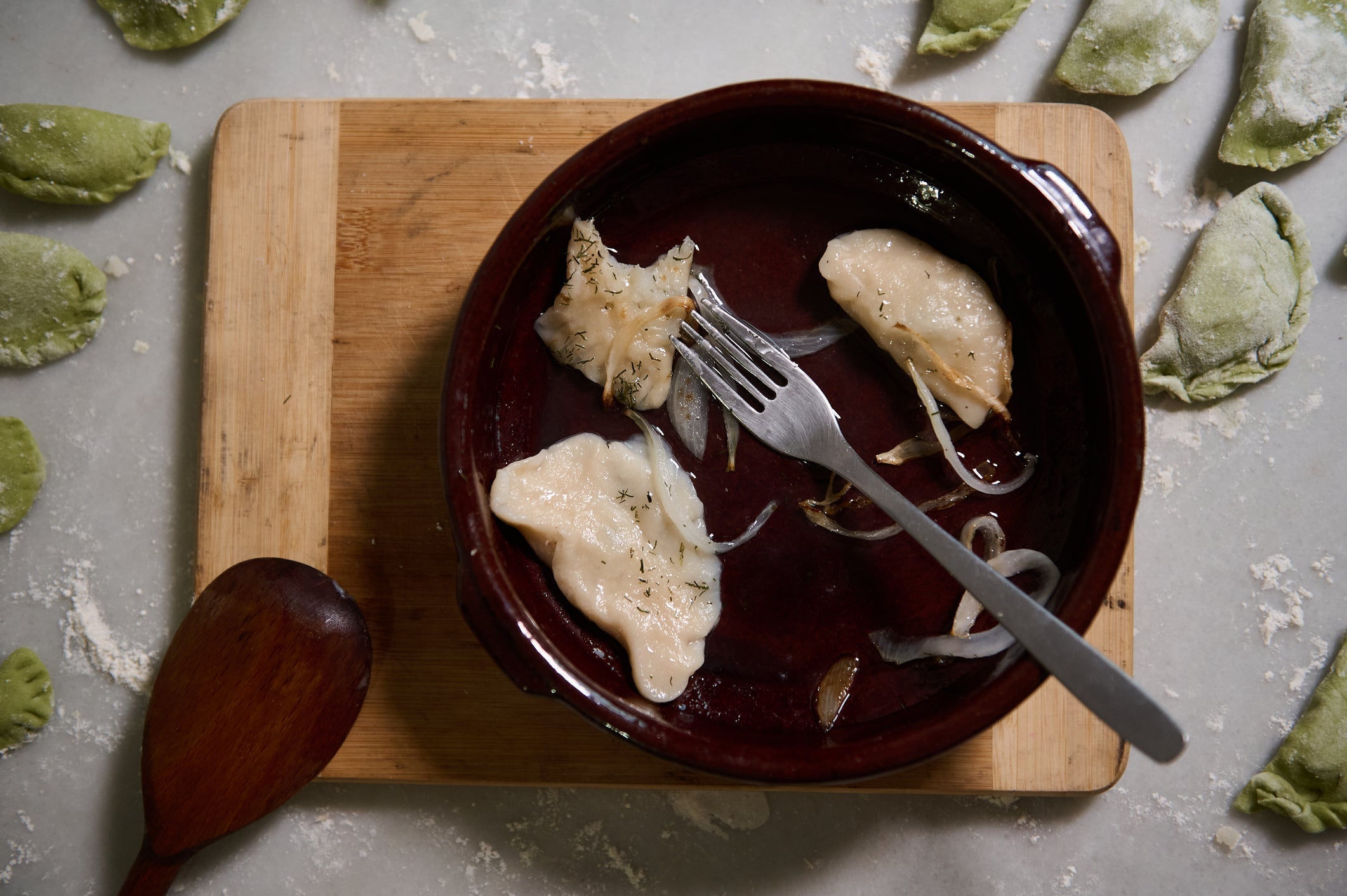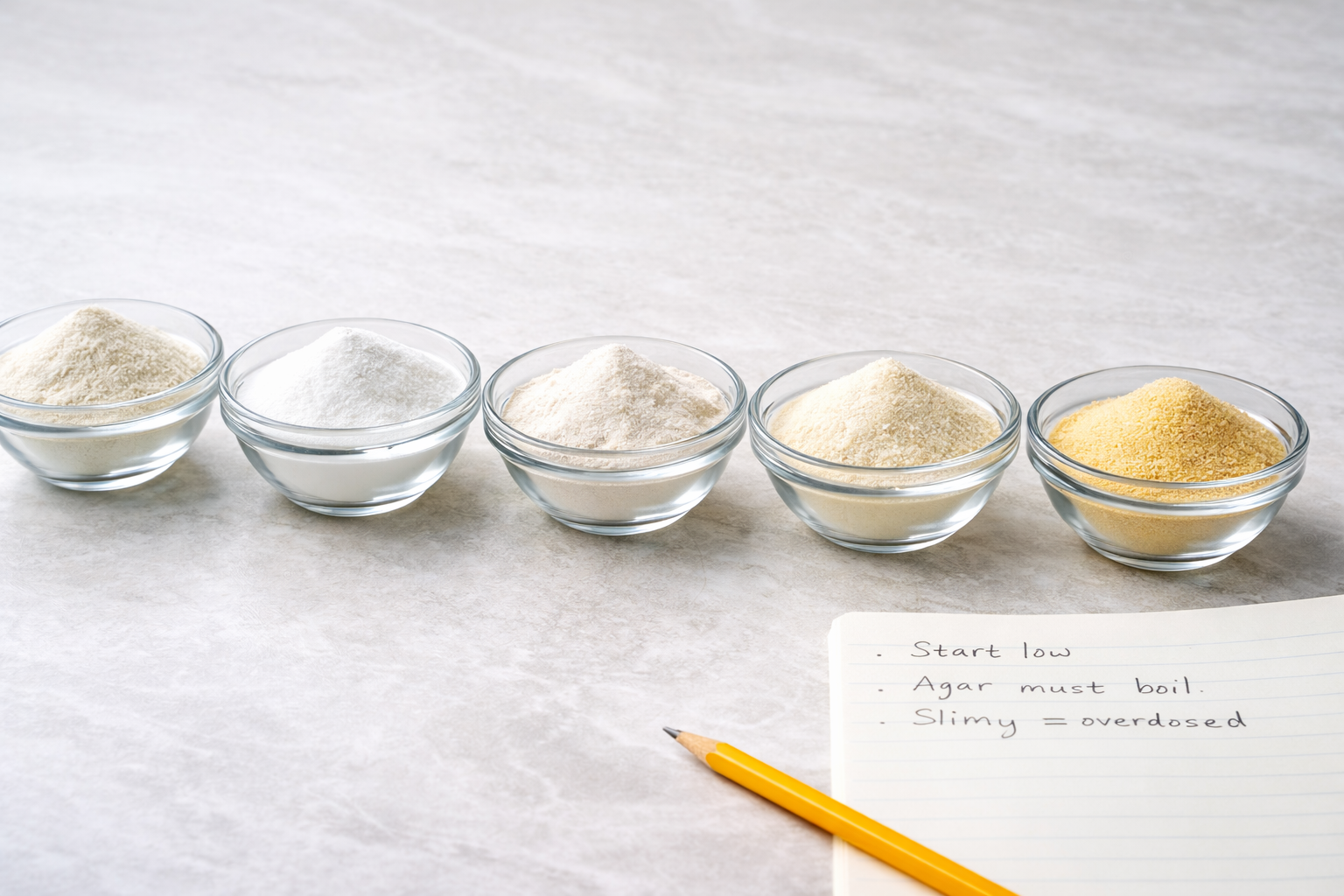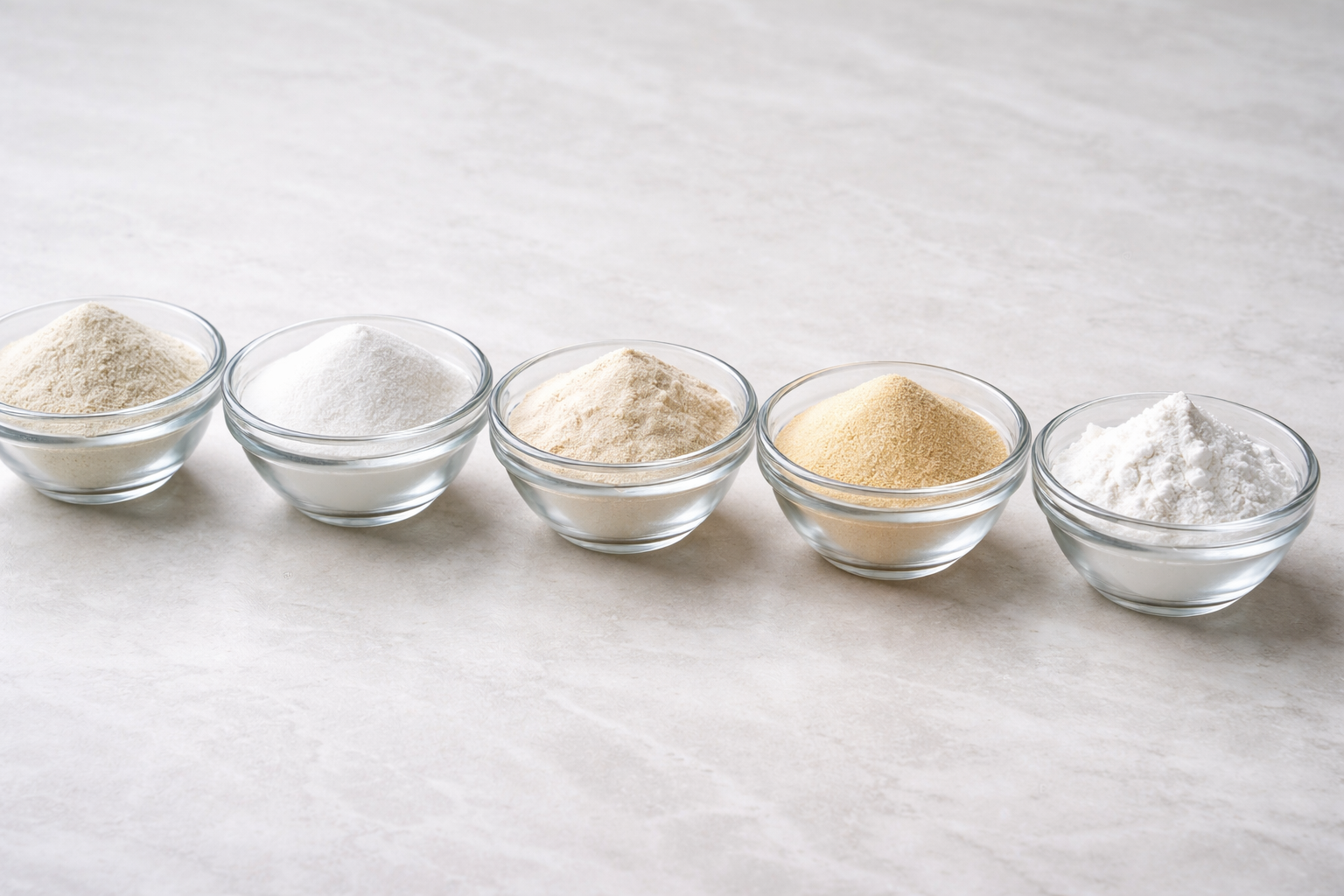Trending searches
Trending searches

Aluminum-Free vs Regular Baking Powder: Which Is Best for Gluten-Free Baking?
SUBSCRIBE TO OUR BLOG
Promotions, new products, and recipes.
When it comes to gluten-free baking, choosing the right leavening agent can make or break your recipe. Baking powder whether regular or aluminum-free is one of the key ingredients that help cookies, breads, cakes, and muffins to rise. Are you wondering if aluminum content in baking powder good enough? Which type of baking powder offers better flavor, texture, and consistency?
Understanding the differences between aluminum-free and regular baking powder empowers you to create baked goods that raise beautifully, taste great, and maintain the perfect crumb. Let’s explore what sets these two apart or if there is a baking powder substitute that is best for gluten-free baking.
Does Baking Powder Matter For Gluten-Free Baking?
Baking powder is a chemical leavening agent made of three components:
- Baking soda as the base
- Cream of tartar or other acids that react with the base to produce gas
- Starch that prevents clumping and keeps it shelf-stable
Most baking powders act doubly, meaning they react twice; once when mixed with liquid and again during baking.
Gluten-free baking powder plays a crucial role because gluten-free flours lack the elasticity and structure provided by wheat gluten. A reliable leavening agent helps create:
- Better rise
- Softer texture
- Lighter crumb
- Improved moisture retention
Therefore, the type of baking powder you choose can influence the final outcome dramatically.
Difference between Regular and Aluminum-Free Baking Powder
The major distinction lies in the acid used for this purpose:
Regular Baking Powder contains acids such as:
- Sodium aluminum sulfate (SAS)
- Sodium aluminum phosphate (SALP)
These ingredients prolong the reaction time, giving baked goods a slower and more controlled rise.
Aluminum-Free Baking Powder uses non-aluminum acids like:
- Cream of tartar
- Monocalcium phosphate
- Sodium acid pyrophosphate
It reacts quickly and usually as soon as it is mixed with the liquid. Both types work well for baking, but their behavior, taste, and best uses differ.
Does Aluminum Affect the Taste?
When taste is the key factor, you need to follow these:
Regular baking powder can sometimes leave a slightly metallic or bitter aftertaste, especially in recipes requiring larger quantities. This taste becomes more noticeable in
- Pancake
- Biscuits
- Gluten-free batters that usually require more leavening agents
Aluminum-free baking powder, on the other hand, produces a cleaner and more neutral flavor. This is why many professional and home gluten-free bakers prefer it for delicate and lightly flavored recipes.
Which Baking Powder Performs Better In Gluten-Free Baking?
Most gluten-free bakers and many gluten-free baking experts prefer aluminum-free baking powder, and here’s why:
- Better Flavor
- Cleaner Rise
- More Control
- Ideal for High-Moisture Batters
- Preferred for Health-Conscious Baking
While aluminum in small amounts is not harmful for most people, many consumers prefer avoiding it, especially in natural or allergen-friendly recipes. However, regular baking powder still has its advantages, especially for recipes requiring longer resting or shaping times.
When to Choose Aluminum-Free or Regular Baking Powder?
You can choose aluminum-free baking powder for:
- Gluten-free cakes
- Muffins
- Cupcakes
- Brownies
- Quick breads
- Pancakes or waffles
- Cookies
- Delicate pastries
That way, you will get better flavor, quicker rise, and a lighter crumb
You can choose regular baking powder for:
- Doughs that require resting
- Shaped bread loaves
- Recipes needing long mixing times
- Savory bakes with bold flavors where metallic notes aren’t noticeable
However, even in these recipes, bakers still prefer aluminum-free for taste.
Is Baking Powder Gluten-Free?
Most baking powders whether aluminum added or not are gluten-free. The starch used is typically:
- Cornstarch
- Potato starch
- Tapioca starch
How to use Baking Powder in Gluten-Free Baking?
- Add batter to the oven quickly when using aluminum-free powder
- Avoid overmixing as it can deflate the batter
- Measure accurately as too much baking powder causes bitterness
Final Thoughts
For most gluten-free baking needs, aluminum-free baking powder is the clear winner. It gives better flavor, provides a strong and immediate lift, and creates lighter, fluffier textures exactly what gluten-free recipes need.
Cape Crystal Brands is your go-to source for premium plant-based and specialty ingredients. We believe that exceptional recipes start with exceptional ingredients, so trust our premium thickeners, stabilizers, and specialty powders for what your recipes deserve.
FAQs
What is the difference between aluminum-free and regular baking powder?
Regular baking powder contains aluminum-based acids; aluminum-free baking powder uses non-aluminum acids and has a cleaner taste.
Which baking powder is better for gluten-free recipes?
Aluminum-free baking powder is generally preferred because it reacts quickly and helps fragile gluten-free batters rise better.
Is baking powder gluten-free?
Most baking powders are naturally gluten-free, but it’s safest to check for certified gluten-free labeling.

|
About the Author Ed is the founder of Cape Crystal Brands, editor of the Beginner’s Guide to Hydrocolloids, and a passionate advocate for making food science accessible to all. Discover premium ingredients, expert resources, and free formulation tools at capecrystalbrands.com/tools. — Ed |
Related Posts

When Food Tastes Fine But Still Feels Wrong

Hydrocolloid Rules of Thumb: Ratios, Mistakes & Fixes Chefs Use

Thickener Usage Chart: Best Ingredients for Sauces, Baking, Drinks & Gels
Enjoyed this post? Subscribe to The Crystal Scoop
Food-science tips, ingredient know-how, and recipes. No spam—unsubscribe anytime.
- Choosing a selection results in a full page refresh.
POLICY PAGES
QUICK LINKS
ABOUT US
Cape Crystal Brands,
- 18 Bank St., Suite 1, Summit NJ 07901.
- Phone: +1 908-273-5600
- Email: info@capecrystalbrands.com
- Tax ID: 26-2477626000
- FDA Facility # 16980627550
- Kosher Certified by: OKosher.org
Country/region
© 2026, Cape Crystal Brands | Sitemap
